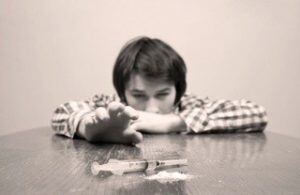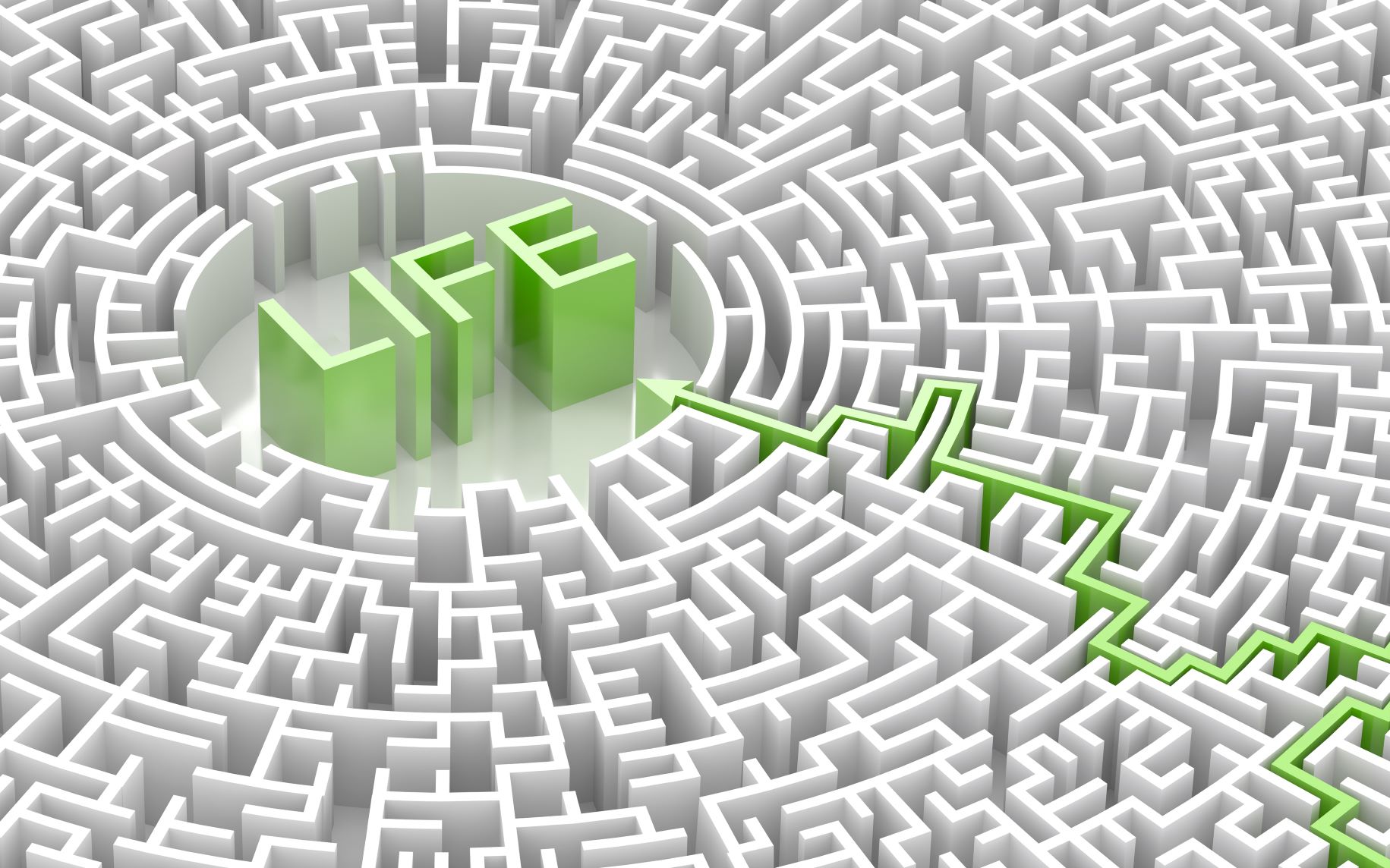 Being a teenager is difficult enough, but when it when it comes to substance abuse, teens face their own set of challenges. Yet in many instances, the reasons for their addiction provide the focus for their rehabilitation. Most teens are:
Being a teenager is difficult enough, but when it when it comes to substance abuse, teens face their own set of challenges. Yet in many instances, the reasons for their addiction provide the focus for their rehabilitation. Most teens are:
Physically Immature
Obviously, adolescents are smaller in stature. They weigh less. And most importantly, their brains are not fully developed. This means that the same amount of alcohol or drugs taken by an adult is going to have a greater impact on a smaller person with a less sophisticated cognitive system.
Therefore, the road to recovery includes help in understanding the future consequences of addiction for a growing body and brain. Teens believe they are immortal. They rarely focus on how addiction can damage their kidneys, increase their chances of contracting HIV or change the way their brain perceives pleasure.
Acting Out
Many teens have self-image problems. They are insecure, shy and not socially experienced—which makes them highly susceptible to peer pressure. They go along with the crowd, maybe not because they really want to drink or try drugs, but because they want to fit in.
For this reason, recovery starts with therapeutic counseling, in order to understand the issues that trigger the addiction. These vary with each teen, but often include negative body image, conflict at home, trouble with academics or sexual abuse. Finding the root of the problem is the key to solving it.
Involuntary Participants
The majority of teenagers are forced into rehab by their parents, court or school. This is not the ideal situation, because an involuntary participant is frequently an unwilling participant.
For this reason, family involvement is crucial in treating teenagers. Rehab counseling stresses improved communication to smooth the relationship between parents and their children. Teens see their parents are willing to work alongside them in the recovery process.((SMART Recovery’s program for Family & Friends includes tools from CRAFT (Community Reinforcement and Family Training). CRAFT is a 20+ year old an evidence-based approach, found to be significantly more successful than other frequently recommended approaches such as interventions. The goal of CRAFT is to improve communication, smooth the relationship and find ways to be truly supportive, in a healthy way.))
Missing Activities
Addicted teens do not have the mental acuity or physical coordination required to participate in sports, music or art. These teens are missing out on many extracurricular activities, and they don’t even realize their loss.
Social events and sports, creative outlets and outdoor adventures are just some of the options that rehab programs can offer. It is easier for teens to give up a bad habit if they can replace it with an appealing new interest.
Long-lived
Young people have their whole lives ahead of them. While this is the ideal time for them to embrace abstinence, it can also seem like an impossible goal to give up alcohol or drugs for the next 60, 70 or 80 years.
Therefore, recovery programs for teenagers don’t promise a quick fix. Instead, they provide after-care or post-treatment programs of continuing therapy. Support groups (e.g., SMART Recovery, LifeRing, Women for Sobriety, etc.) and 12-step programs also help teens stay focused after they have completed the initial recovery program.
The good news, of course, is that the sooner teenagers embrace recovery, the sooner they will be able to embrace their full potential. Rehabilitation provides them with a richer emotional and social life, while it allows them to become healthy, well-rounded adults.
About the author
Patricia L. Ryding, Psy.D is Executive Director of Beach House Center for Recovery, a drug and alcohol addiction rehabilitation center in Juno Beach, Florida. She is a licensed clinical psychologist who brings over 30 years of experience as both a clinician and an administrator in the behavioral healthcare field to her writing.


